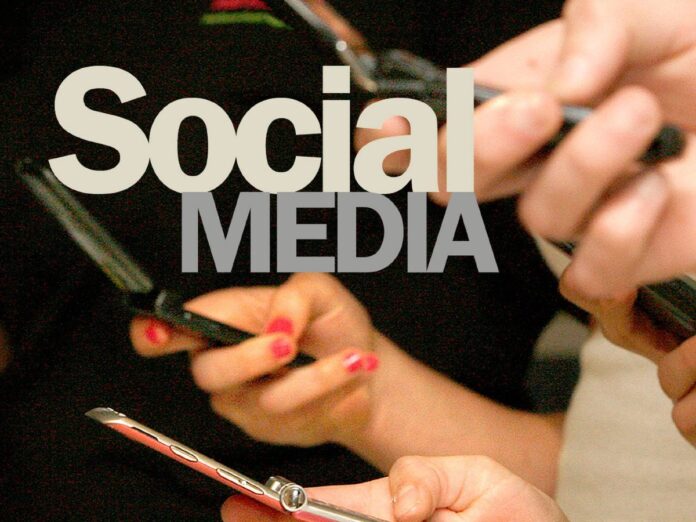MERCEDES — Posting on the Internet is like shouting at the top of your lungs in a crowded hallway for everyone to hear.
So keep in mind, just because you have the freedom of expression and are protected by the First Amendment to say what you want, that doesn’t mean you can’t get into trouble for saying it.
“It’s like writing a letter to the entire world,” said David Donaldson, a media law lecturer for the University of Texas at Austin School of Journalism. “You’re responsible for what you do. That’s what people need to realize.”
In the history of the United States and the First Amendment, social media like Facebook and Twitter are relatively new platforms of expression.
In general, Americans have been voicing their opinions forever. Now the Internet and social media are giving more people access to broad audiences to express their views.
In the past 10 years, the number of people on social networks and reading blogs has increased dramatically. Today, 65 percent of adults use social networking sites — nearly a tenfold jump in the past decade, according to the Pew Research Center.
Experts remind those users there can be a risk in what they’re posting. In some cases, posts have landed people in jail or facing penalties worth thousands and even millions of dollars for what they’re writing.
For example, there was a case at Mercedes High School in January when authorities said a senior fired off a Tweet to a classmate suggesting his friend shoot up the school and that he would help. He might have been playing around, but the authorities took it seriously.
The students were plucked out of the classroom soon after authorities red-flagged their Tweets as threatening. They were in first period class in different classrooms Tweeting and by the end of the school day, they were on their way to jail for what was deemed as a terroristic threat on the social network.
A student was holding up two AK-47 assault rifles in his Twitter profile. Those Tweets landed both of the boys in the county jail with bonds set at $250,000. They also were expelled from school.
“People don’t get to joke any more; this stuff is serious,” Donaldson said. “Whether or not they actually had the intent, that would make them responsible for that kind of activity.”
Another example of free speech sending someone to court is that of Brownsville blogger Juan Montoya. Brownsville City Attorney Mark Sossi is suing Montoya for $10 million alleging defamation of character.
Sossi contends that on Feb. 11, 2015, Montoya published a blog on his site in which Montoya “negligently and maliciously published false, defamatory statements” about Sossi.
For the rest of this story and many other EXTRAS, go to our premium site, www.MyValleyStar.com.
Subscribe to it for only $6.99 per month or purchase a print subscription and receive the online version free, which includes an electronic version of the full newspaper and extra photo galleries, links and other information you can’t find anywhere else.




